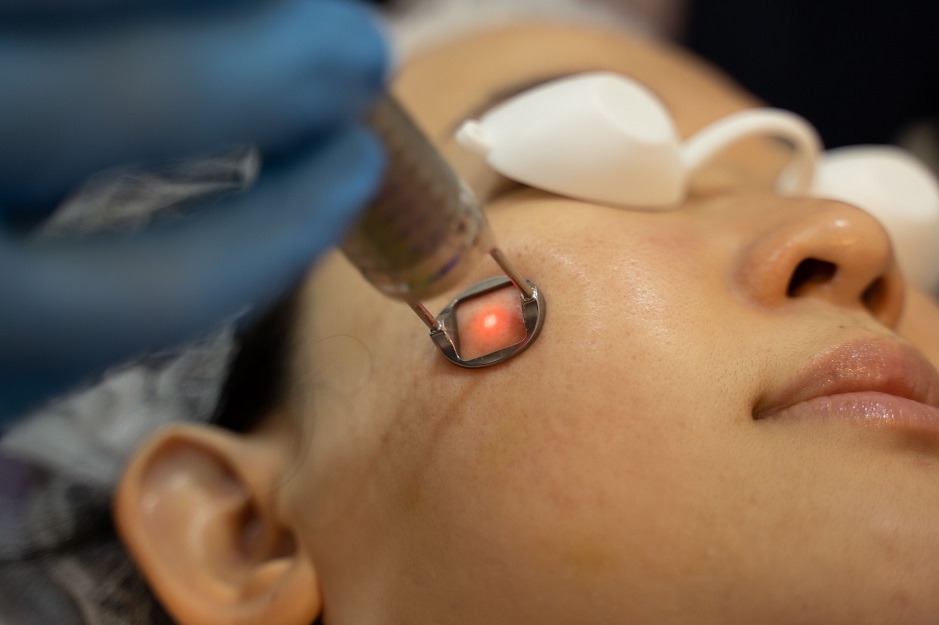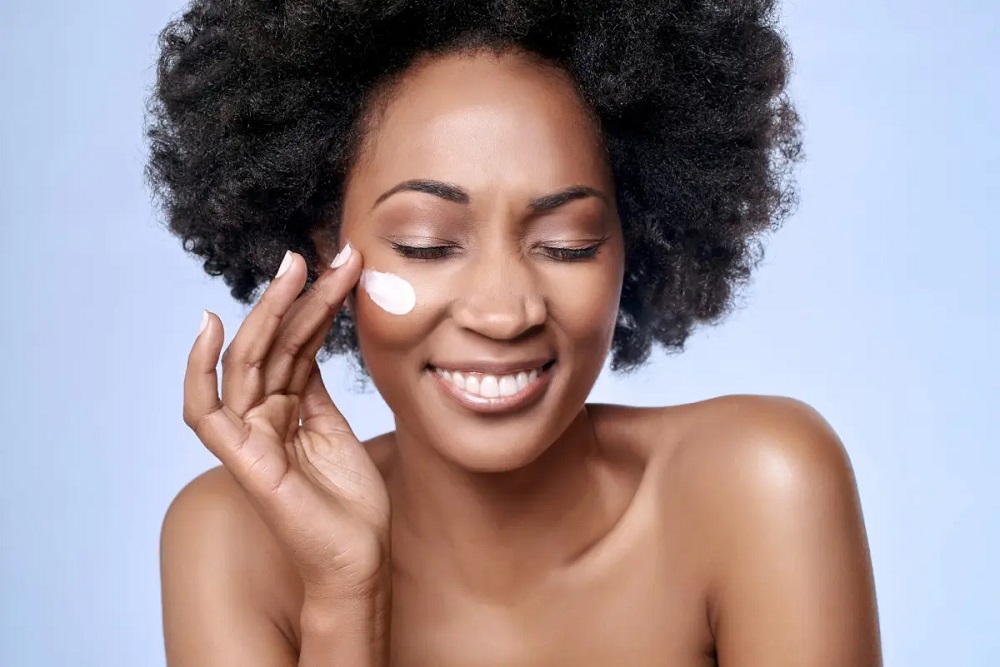Skin Care: A Comprehensive Approach to Achieving Radiant, Healthy Skin
The quest for flawless skin has captivated humans for centuries, with countless beauty rituals, products, and techniques emerging over time. However, true skin care goes far beyond the pursuit of beauty—it is a practice rooted in self-care, health, and overall well-being. Our skin, the largest organ of the body, is a direct reflection of our lifestyle, nutrition, environmental exposure, and habits. As such, effective skin care requires a holistic approach that nurtures the skin from both the outside and within, addressing its various needs through consistent care, healthy habits, and smart choices.
While there is no single magic solution for perfect skin, understanding the fundamentals of skin care can empower you to make informed decisions and develop a personalized regimen that best suits your individual needs. From the basics of cleansing to advanced treatments, here is a comprehensive guide to achieving healthy, glowing skin that is not only beautiful but well-maintained.
1. Understanding Your Skin Type: The Foundation of Care
Before embarking on any skin care regimen, it is essential to understand your skin type. Skin is uniquely individual, and what works for one person may not work for another. The primary skin types are oily, dry, combination, and sensitive, each requiring different products and treatments. For example, oily skin benefits from lightweight, oil-free moisturizers and mattifying products, while dry skin may require richer, more hydrating creams. Identifying your skin type is crucial for selecting the right products that will work in harmony with your skin’s natural needs.
To determine your skin type, start by observing how your skin feels after cleansing. If your skin feels tight or flaky, it’s likely dry. If your skin becomes shiny or greasy within a few hours, it may be oily. If you experience both dryness and oiliness in different areas of your face, you may have combination skin. Sensitive skin is typically prone to redness, irritation, and reactions to products. Once you understand your skin type, you can choose products designed specifically for it, enhancing the effectiveness of your skin care routine.
2. The Essentials: Cleansing and Exfoliating
Cleansing is the cornerstone of any skincare routine. It removes dirt, oil, makeup, and impurities that accumulate on the skin throughout the day. However, cleansing is not just about washing away surface dirt; it also prepares the skin for the next steps in your regimen, ensuring that your serums, moisturizers, and treatments are absorbed effectively.
When choosing a cleanser, look for a gentle, non-stripping formula that is appropriate for your skin type. A foaming cleanser may work well for oily skin, while a cream or oil-based cleanser is more suitable for dry or sensitive skin. It is important to cleanse both in the morning and evening, as this removes buildup from sleep and ensures your skin is refreshed and clean.
Exfoliation, while essential, should be done with caution. Exfoliating removes dead skin cells that can clog pores and leave the skin looking dull, but over-exfoliating can lead to irritation and damage. There are two main types of exfoliants: physical and chemical. Physical exfoliants, like scrubs with abrasive particles, should be used sparingly to avoid microtears in the skin. On the other hand, chemical exfoliants, such as AHAs (alpha hydroxy acids) and BHAs (beta hydroxy acids), offer a gentler approach by dissolving dead skin cells without the need for friction. Incorporating exfoliation into your routine once or twice a week can help reveal brighter, smoother skin.
3. Hydration: The Key to Plump, Supple Skin
Hydration is perhaps the most important element of a skin care routine. Regardless of your skin type, proper hydration is essential for maintaining healthy skin. Even oily skin can suffer from dehydration, which often leads to an overproduction of oil as the skin attempts to compensate for the lack of moisture. Dry skin, of course, requires extra attention to ensure that it remains smooth and plump.
Moisturizers come in a variety of formulations, including creams, gels, and lotions, each catering to different skin types. For dry skin, a richer, thicker cream will provide deep hydration, while oily skin may benefit from a lightweight, non-comedogenic gel or lotion. For sensitive skin, look for moisturizers that are free from artificial fragrances and harsh chemicals. The key to hydration is consistency—make sure to apply a moisturizer immediately after cleansing and exfoliating to lock in moisture and create a barrier that protects your skin from external factors.
In addition to traditional moisturizers, serums can be an excellent way to deliver targeted hydration and nutrients to the skin. Hyaluronic acid serums, for instance, draw moisture from the air and deliver it directly to the skin, offering an instant plumping effect.
4. Sun Protection: The Most Important Step in Preventing Aging
Sunscreen is arguably the most important product in your skincare arsenal. The harmful effects of UV rays are well-documented, contributing to premature aging, pigmentation, and an increased risk of skin cancer. Regardless of the season or weather conditions, sunscreen should be applied every day, even when it’s cloudy or you’re staying indoors. UV rays can penetrate windows, meaning protection is necessary all year round.
When selecting sunscreen, choose one with broad-spectrum protection, which shields against both UVA and UVB rays. A minimum SPF of 30 is recommended, but higher SPFs may be necessary if you are spending extended periods outdoors. For daily use, a lightweight, non-greasy sunscreen that can be worn under makeup is ideal. Sunscreens with physical blockers like zinc oxide or titanium dioxide are great for sensitive skin, while chemical sunscreens may be more suitable for those with normal to oily skin.
5. Targeted Treatments: Addressing Specific Concerns
As we age, our skin’s needs evolve, and it may require targeted treatments to address specific concerns such as fine lines, acne, hyperpigmentation, or uneven texture. This is where serums, oils, and masks come into play.
For aging skin, products containing retinoids (vitamin A derivatives) are highly effective in stimulating collagen production and reducing the appearance of fine lines and wrinkles. Retinoids can be potent, so it’s essential to start slowly and use them in conjunction with a hydrating routine to avoid irritation. For hyperpigmentation, Vitamin C serums are excellent for brightening the complexion and reducing dark spots.
If acne is a concern, look for products containing salicylic acid or benzoyl peroxide, which help to unclog pores and reduce inflammation. For more sensitive skin or conditions like rosacea, soothing treatments with ingredients like niacinamide or chamomile can help calm irritation and redness.
6. Nutrition and Lifestyle: Supporting Skin from Within
While external skin care is crucial, what we put into our bodies is just as important. A balanced diet rich in antioxidants, vitamins, and minerals can support skin health from the inside out. Foods high in Vitamin C (like citrus fruits and leafy greens) can help promote collagen production, while Omega-3 fatty acids (found in fatty fish, walnuts, and flaxseeds) help maintain the skin’s natural moisture barrier.
Hydration also plays a key role in skin health, so drinking plenty of water throughout the day is essential. Alcohol and excessive caffeine can dehydrate the skin, while a diet rich in processed foods, sugars, and unhealthy fats can contribute to skin issues like acne and inflammation. Maintaining a healthy lifestyle through regular exercise, proper sleep, and stress management also has a profound effect on the skin’s appearance.
7. Consistency and Patience: The True Secret to Beautiful Skin
The road to healthy, radiant skin requires consistency and patience. While some products may offer immediate results, the best skin care outcomes come with long-term commitment. It’s essential to give products time to work—typically at least a few weeks—before deciding if they’re effective. Additionally, it’s important to remember that not every product or regimen will work for everyone, so don’t be afraid to experiment and adjust your routine as needed.
Conclusion
Skin care is an art and a science, an ongoing practice that reflects our commitment to self-care and well-being. By understanding your skin type, investing in high-quality products, and making mindful lifestyle choices, you can achieve a healthy, radiant complexion that transcends the surface. Skin care is not just about beauty—it’s about nurturing the body’s largest organ and ensuring that it remains vibrant, protected, and in optimal health for years to come. With consistency, patience, and the right approach, you can cultivate skin that reflects both your inner health and outer radiance.



